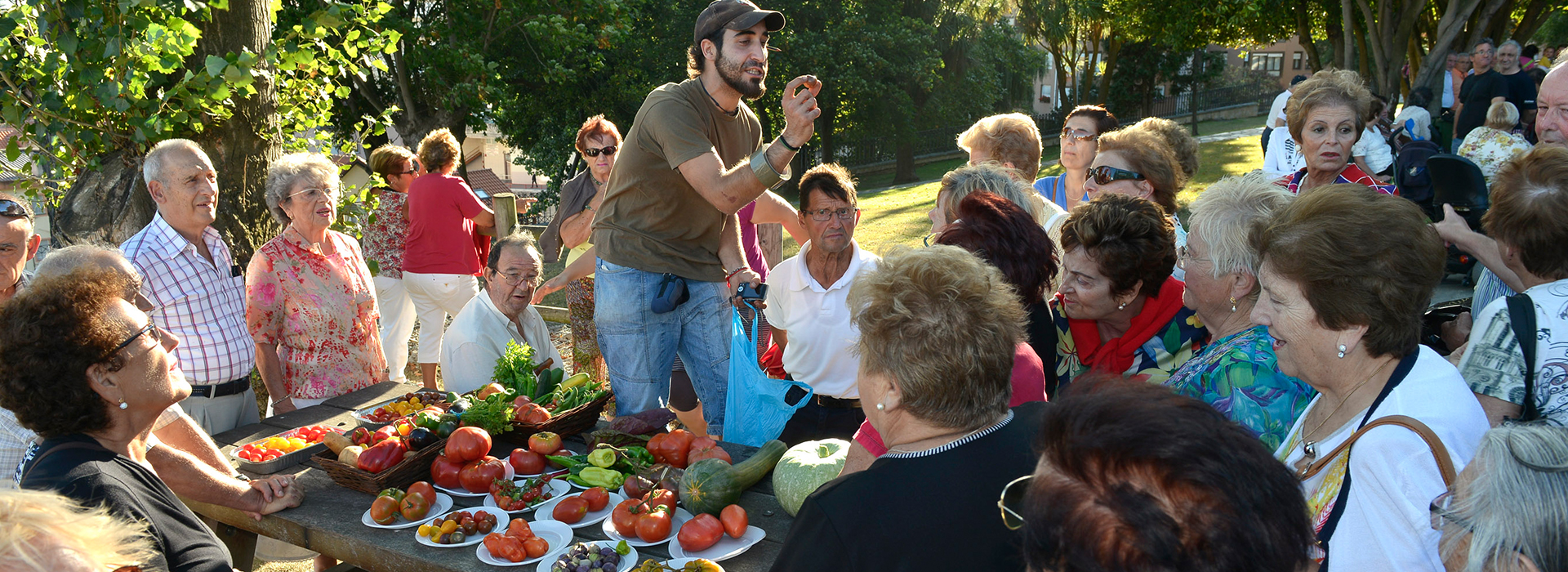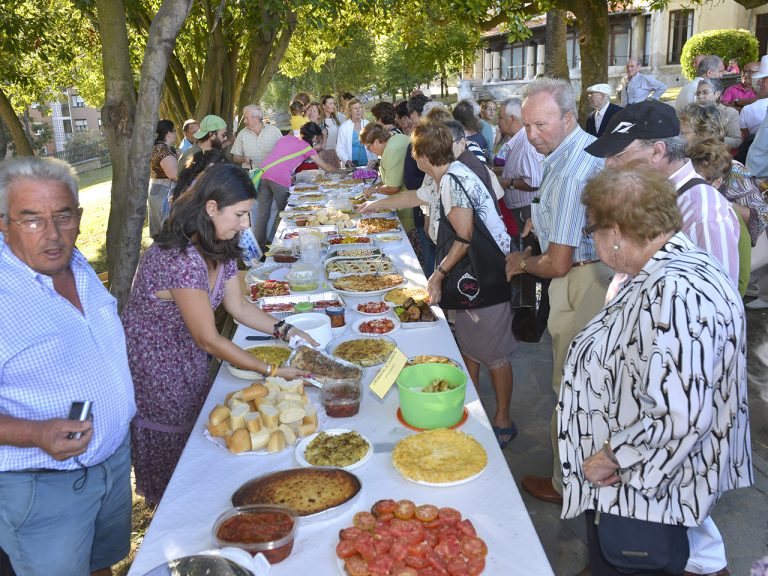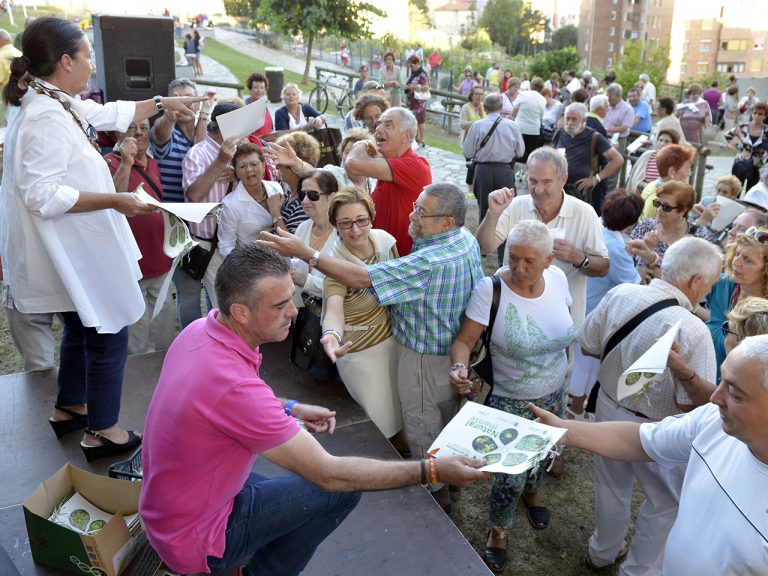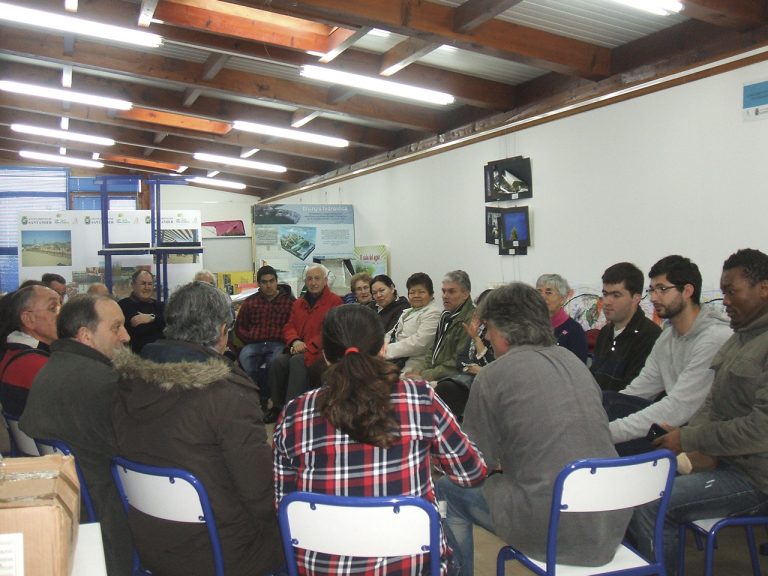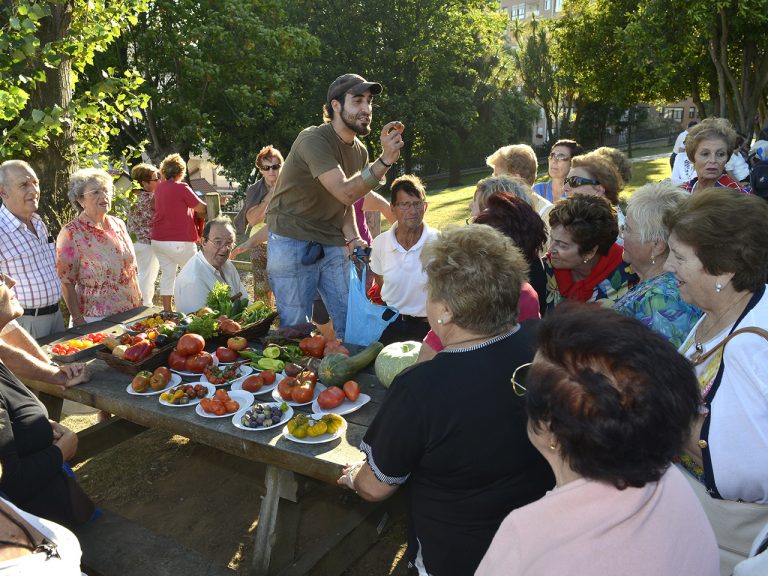Introduction
Cantabria Acoge Association (ACA) has been working for 25 years with immigrants and their families. This has given rise to an evolution of the programs and they have increased the number and quality of interventions does to their experience. During these years Cantabria Acoge Association has carried out programs in three fundamental areas for the family and the personal integration of their beneficiaries which are social, labour and legal.
Thanks to this effort, the City of Santander has offered in 2015 the possibility of using an urban garden to promote the social integration of the immigrant community.
The urban garden of Concepción Arenal began in 2015 when the Santander City Council donated this space to the Asociación Cantabria Acoge to be used as a resource for the social integration of migrant population. The space belongs to the network of Sustainable Social Gardens of Santander City Council that was launched in the spring of 2010 not only for a recovery of spaces in disuse but also to promote the family and neighbourhood as well as intergenerational relationships. At the beginning these spaces were only for the retired population over 60 years old and residents of the city of Santander. It was later decided to open access to associations to be able to give a space of socialisation in a different environment to other groups achieving a more effective integration.
ACA created an integration project for the immigrant community using an urban garden as a resource. The city council selected this project and assigned ACA a plot in the community garden.

 English
English  Deutsch
Deutsch  Español
Español  Svenska
Svenska 